Table of Contents
Introduction
Are you a doctor working outside of Germany and interested in obtaining a German medical license? Are you looking to relocate over and start a career in Germany? Perhaps you’re tired of your old country and you need a new adventure, or your home country might not meet your requirements for growth or the German policies and standard of living might interest you.
Whatever your reason may be, you’ve come to the right place. This guide will undoubtedly help you in getting your German medical license, the so-called ‘Approbation’, and will provide some essential info for moving to Germany and practicing medicine here. So let’s get into it!
In this article, you will acquire the following information:
- Why you should choose Germany to live and practice medicine in.
- What the German Medical License is.
- What the requirements for getting the German Medical License are.
- What the application process of getting the German Medical License is.
- Other important information about the license.
Why Moving to Germany Makes Sense
If you still haven’t completely made up your mind about moving to Germany, allow us to help out. Here are some reasons why you should genuinely consider making the switch.
High Salaries For Doctors
In Germany, the starting salaries in the medical profession are high when compared to the rest of the world. Doctors in Germany enjoy very good pay and salary throughout their careers, starting from assistants to specialists. On average, assistant doctors (Assistenzärzte) in Germany earn a gross salary of around 65,000 Euros per year and specialists (Fachärzte) average about 80,000 Euros a year.
Strong Demand for Doctors
Germany is in serious need of the next generation of medical personnel. This demand is estimated to be in a constant state of growth in the coming years. This is primarily due to many resident physicians in hospitals retiring. There is also a sharp increase in demand for general practitioners as well as family doctors. Germany is currently facing a shortage of doctors in its hospitals and clinics and this makes it an attractive country for a career in medicine.
High Standard of Living
The standard of living in Germany is considered to be one of the highest in the world. The country is a leader in healthcare facilities and education. Germany is a highly developed country. Higher education in German public universities is state-sponsored and free for both German and International students. The country also has well developed infrastructure with well-connected public transport.
Crime rates in Germany are relatively low and the country is regarded as a safe place to live in. Germany is also home to many gorgeous natural landscapes and is a haven for nature lovers. Additionally, Germany also has a relatively low cost of living when compared to the rest of Europe. These points show that moving to Germany is not just a great career move, but it is also a wise life choice. Not to mention the fact that the country boasts of some amazing beer ;).
What do I Need in Order to Work as a Doctor in Germany?
To practice medicine in any country, you need to have a medical license in that specific country. The same holds true in Germany. In Germany, you require an Approbation to work as a medical doctor. This is the German term for the German medical license. Along with the Approbation, there is also something called the Berufserlaubnis, or the temporary work permit. We’ve written short, easy-to-follow guides in this article for getting both the Approbation (German medical license), as well as the Berufserlaubnis.
Berufserlaubnis (Temporary Work Permit)
Doctors and other health professionals from Non-EU countries who want to work in Germany on a temporary basis while waiting to receive their permanent medical license can apply for a temporary work permit (Berufserlaubnis). The Berufserlaubnis is valid for up to two years. To clarify, the Berufserlaubnis does not allow its holder to open a private medical practice.
Usually, the candidate is confined to work under the supervision of a doctor holding a valid Approbation. A point to note is that the Berufserlaubnis is only valid in the state in which it has been issued and not across the country. So make sure you do your own research on which state has the policies and living conditions that are convenient for you.
Standard Procedure and Documents required for Berufserlaubnis
As a safe measure, prepare as many of the following documents as possible in advance before getting to Germany. For starters, each state in Germany has its own requirements and application forms for Berufserlaubnis, as well as for the Approbation. You can download the form of your particular state from the website of the authority responsible in that state.
Firstly, fill in general details about yourself and your educational qualifications. You also have to download a declaration from the respective website. Second, you have to prepare a CV according to German standards and norms. A thing to keep in mind is that you will mostly have to submit certified copies in both the language in which they were issued, as well as the legalized translation to German.
As a standard practice, you must submit certified and authentic copies of your passport and visa. You also have to submit a health certificate which can easily be taken from a family doctor (‘Hausarzt’ in German) at the cost of around 30-50 euros.
This is valid for a certain period of time and you can submit either the original or a legalized copy (‘beglaubigte Kopie’).
Moving forward, you need to submit a PCC (Police Clearance Certificate) from your country, which you can take from the Passport Authority, Embassy, or Consulate of your home country. This document is valid for three months. You need a legalized copy of the original and translated version of this document. Along with that, you must also apply for a local certificate of conduct (‘Führungszeugnis’) at the Bürgeramt (City Office). This certificate is valid for a limited period of time and costs around 13 Euros. You will get this delivered to the address you have mentioned.
There are different language level requirements per state and you must submit the certified copies of original German Language certificates as mandated by the state.
Some additional required documents that may be requested for the Berufserlaubnis:
- Certified/legalized copy of the original and translated version of your birth certificate.
- Certified/legalized copy of the original and translated version of your marriage certificate (if applicable).
- Certified/legalized copy of the original and translated version of your name change certificate (if required).
- Certified/legalized copy of the original and translated version of medical educational certificates.
- Certified/legalized copy of original and translated version of Certificate of Good Standing (Unbedenklichkeitsbescheinigung) from any state/national medical council where you have studied/worked. This is valid for 3 months.
- Job offer letter (Zusage).
- City registration confirmation letter.
- Copies of job applications to other hospitals and their replies.
German Medical License (Approbation)
The medical license in Germany is called ‘Approbation’. All ,medical doctors, regardless of their field of work and level of expertise, are required to have this license in order to practice medicine in Germany. The Approbation grants the holder permission to practice medicine with an unrestricted professional permit. In short, to get your Approbation, your completed course/degree must be recognized to be equivalent to the training undergone by your German counterparts. The Approbation is valid throughout the country. It is also valid for a lifetime.
Necessary Steps and Documents required for the Approbation
To make things simple, there are four main requirements for both European/Non-European Doctors to work in Germany:
i. German Language Certification at B2/C1 Level using CEF
(Common European Framework – Standard for measuring Language Skills within Europe)
B2 General German Language Test – TELC/Goethe Test
ii. German Medical Terminology and Clinical Communication Skills
Need to Pass: Fachsprachprüfung – the German term for the professional German Medical Language Exam.
Iii. Application for a license to practice medicine to the Ministry of Health/German state medical council (Ärztekammer).
iv. Clear police record from your home country.
Candidates from both the Non-EU and EU need to undergo this process to receive the German medical license. There is a chance that applications from Non-EU candidates might get their medical diplomas not automatically recognized. In this case, there is no need to worry, all you have to do is pass an additional exam to prove that you possess the necessary medical skills required to work in Germany as a doctor.
The exam is called the medical knowledge exam (‘Kenntnisprüfung’), which is an exam to check your knowledge and skills as a doctor and make sure they’re equivalent to the ones from medical graduates in Germany. On a positive note, you have the option to repeat this exam if you need to.
Some additional required documents that may be requested for the Approbation:
- Certified/legalized copy of the original and translated version of the birth certificate.
- Certified/legalized copy of the original and translated version of the marriage certificate (if applicable).
- Certified/legalized copy of the original and translated version of the name change certificate (if required).
- Certified/legalized copy of the original and translated version of your medical educational certificates.
- Certified/legalized copy of the original and translated versions of the Certificate of Good Standing (Unbedenklichkeitsbescheinigung) from any state/national medical council where you have studied/worked in. This document is valid for a limited period of time.
- Job offer letter (Zusage).
- City registration confirmation letter (‘Anmeldung’)
- Copies of job applications to other hospitals and their replies.
The Road to getting your Approbation (German Medical License)
Now let’s lay down a rough framework to getting your Approbation. These simple steps will help you get your German medical license!
We will divide the frameworks into two categories, one, for Non-EU candidates (candidates who completed their studies outside of the European Union) and EU candidates (candidates who completed their studies within the European Union).
Non-European Union Candidates
A great place to start for Non-European candidates is to get familiar and thorough with the German language. As soon as you complete your medical studies or during them, start studying the language seriously. Once you have a good command of the language, take a language exam (Telc or Goethe) and possess a certification of at least B2 level.
Let’s now begin with actually getting to Germany. You can enter Germany on a student or work seeker Visa and get a Blue Card later. Before arriving in Germany or after (as per your convenience), try applying and giving interviews to get an Observership in a hospital (‘Hospitation’).
Hospitation is an observationship in German Hospitals. Preferably, do your hospitation from the same hospital where you want to work after getting your Approbation, but this is far from mandatory. Doing a Hospitation will get you some initial clinical experience in Germany. You will also get acclimated to the hospital and you will get to know how the hospital operates or functions.
Now, during or after completing your Hospitation, complete the German Medical Language Examination, or the so-called Fachsprachprüfung (FSP). This exam will take you one step closer to your license to practice medicine (temporary or permanent license). FSP is a mandatory exam that the applicant has to give to prove that they possess the knowledge of the German language needed to carry out their respective professional activity. As per your convenience, you can also complete the Fachsprachprüfung (FSP) exam before doing your Hospitation as well.
Your Personal Journey to The Approbation
Now all of this might seem a little complex, and to an extent – it sometimes may be. However, if you prepare correctly beforehand and get assistance in the process, the entire journey can get much more manageable. To break it down in a smooth flow, the following is a step by step path to getting your Approbation in Germany:
- Get a Hospitation, Berufserlaubnis (temporary license) and a job offer.
- Apply for the Approbation (German medical license).
- Get the required documents ready and submit them to get them certified (Gutachten).
- You have to prove your medical knowledge and degree equivalence if requested to do so.
If your degree is considered to be equivalent, then you will get your Approbation. This certification will take up to four months from when you submit all the required documents properly.
OR
If your degree isn’t considered to be equivalent, then you will have to take and pass an exam that proves your level of medical knowledge. This will be a medical knowledge test to ensure you have the knowledge necessary to practice medicine in Germany (Gleichwertigkeitsprüfung or Kenntnisprüfung).
- After passing the test, you will get your long-desired Approbation.
* Additional Tip: While submitting your documents, make sure that they are complete, proper and adhere to the German guidelines. Problems with your documents will prolong your application process and will make things more complicated for you. The German officials will only start working on your application after your documents are complete.
From a Financial Point of View
To look at things from a different point of view and make sure that they run smoothly without any financial or technical issues, go ahead and use the following checklist.
- Do your hospitation.
- File for a Berufserlaubnis.
- Then do your job with your temporary license. This will ensure that you will have a steady income while you wait for your permanent license.
- While working at the temporary job, apply for your Approbation.
- After receiving your Approbation, you can either continue with your specialization studies, hospital residency or private practice.
European Union Candidates
The procedure is more straightforward and less complicated for European Union graduates.
The good news for you is that you don’t have the compulsion to get Berufserlaubnis (temporary license). You can directly apply for your Approbation after clearing the Fachsprachenprüfung.
The Fachsprachenprüfung, as pointed out earlier, is an exam that tests a doctor’s medical German Terminology knowledge.
Once you get the Approbation, you can start practicing medicine in Germany without any restrictions.
Conclusion
To sum up, the Approbation is the medical license required to practice medicine in Germany. Berufserlaubnis is a temporary professional permit that can be used to practice medicine temporarily and under supervision. A certain list of criteria must be met by the candidate to get their Approbation, which includes, but are not limited to knowledge, language, degree and background checks.
Hopefully, this article has answered some of your questions on getting a German medical license.
Need help with becoming a medical doctor in Germany? First of all – subscribe to our YouTube channel Doctor In Germany, we will be uploading valuable content on a regular basis to help future and current doctors in Germany maximize their potential. Secondly, if you’d like us to go over your particular situation with you and find your best route for becoming a medical doctor in Germany, and of course answer any of your questions, you can book a one-on-one private counseling session. We would love to assist you!
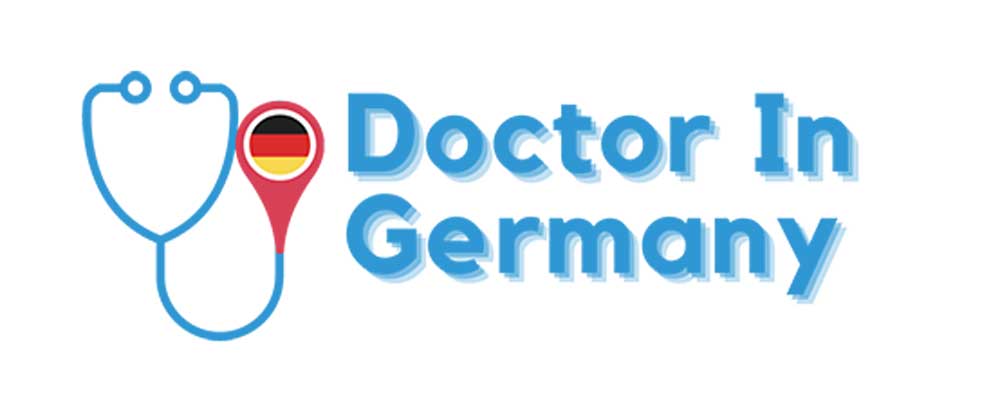

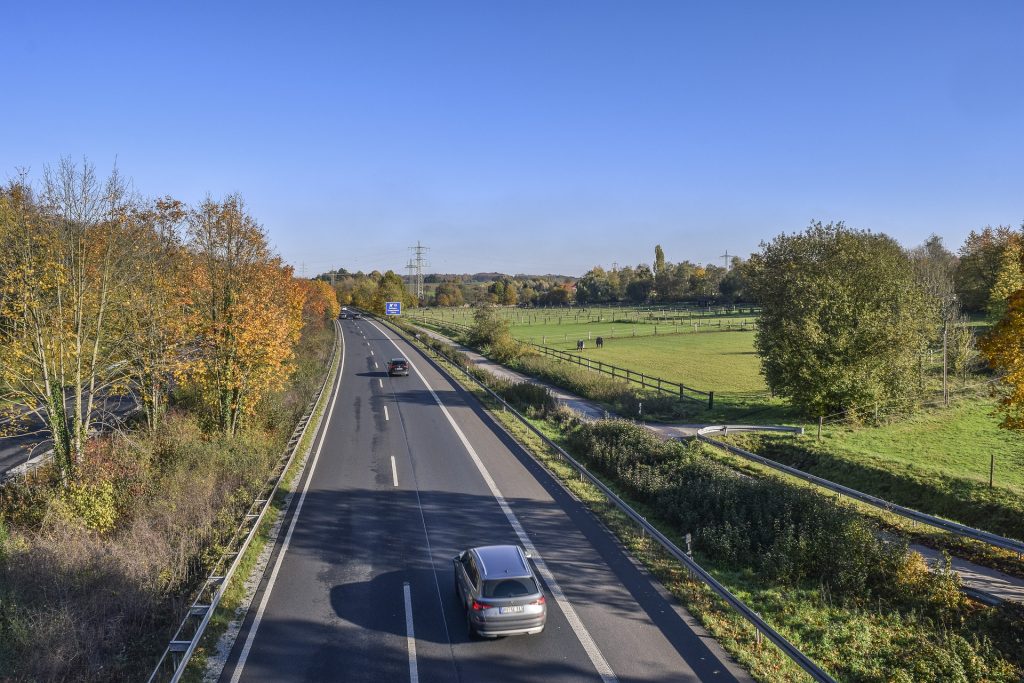
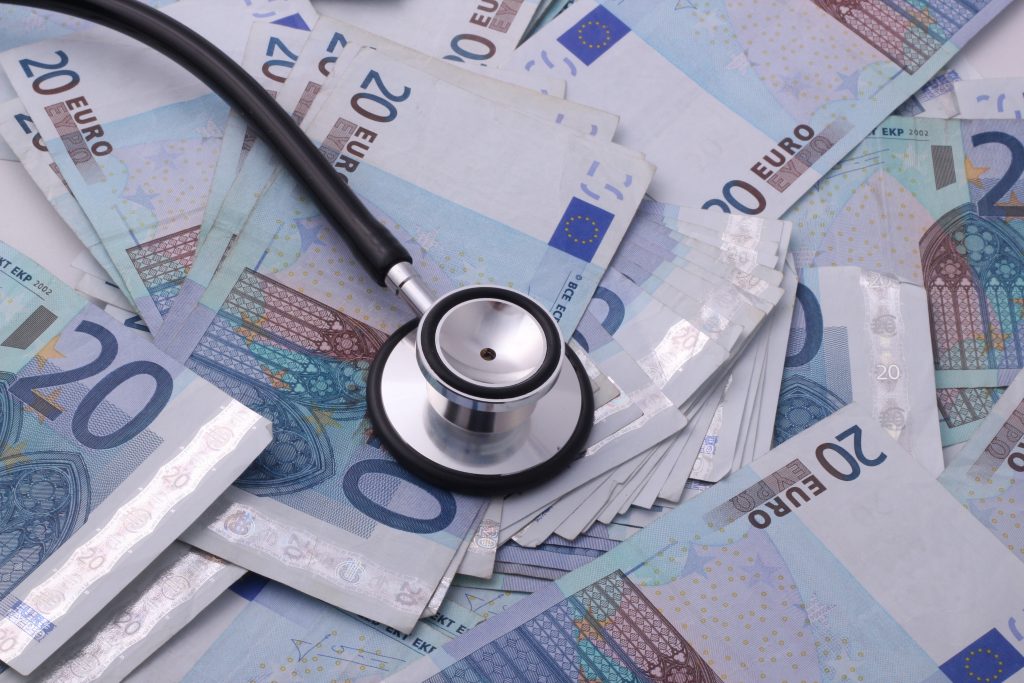

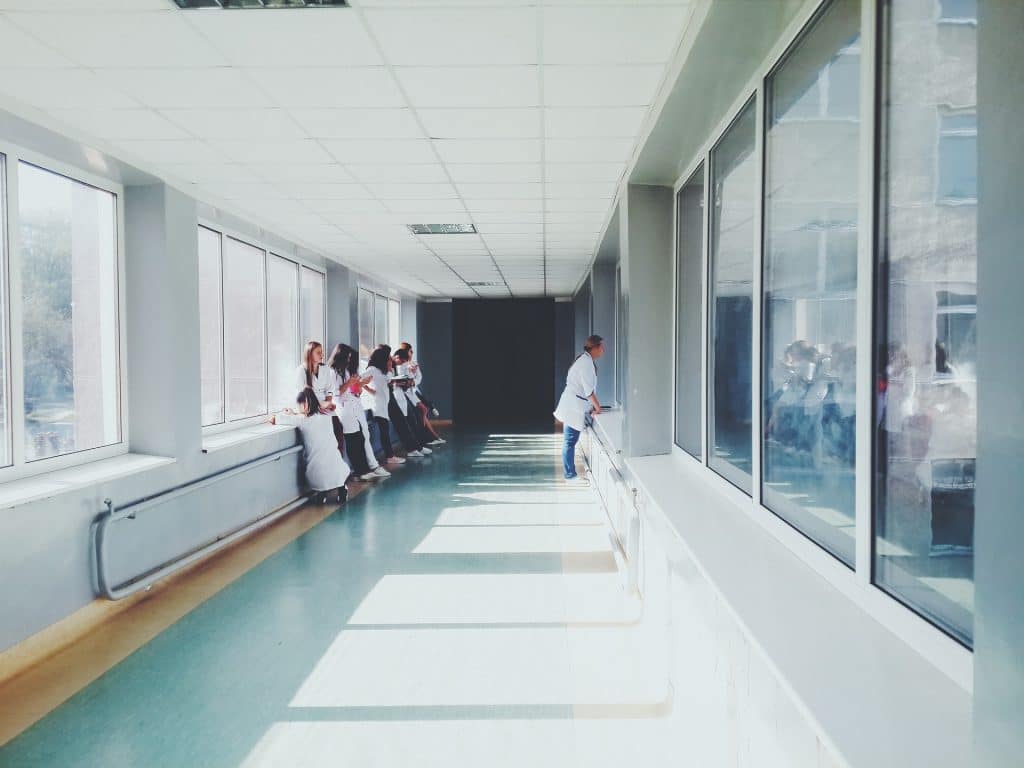
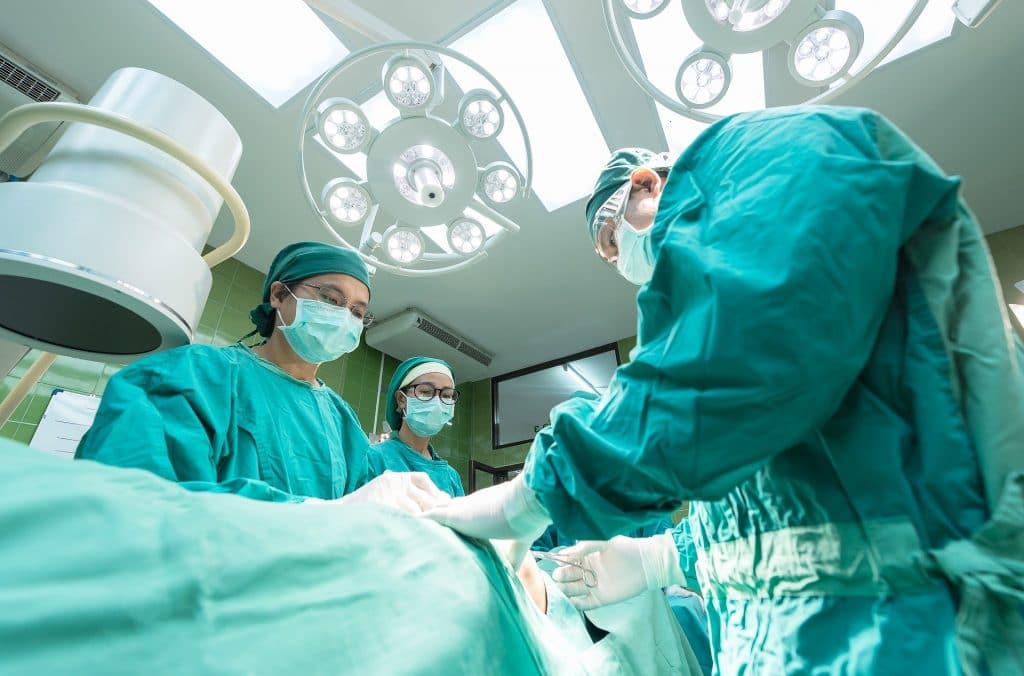


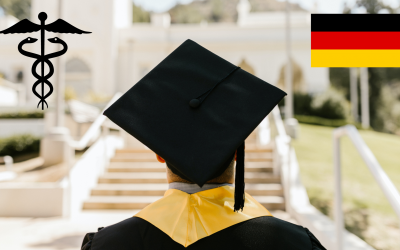
Assistance in Moving to Germany
Hello, my question is
In the country i will graduate, i will not get a chance to sit the medical licensing exam of my country( georgia) meaning i will have a degree but no medical license.
Will i still be eligible to sit for the medical licensing exam of Germany to get my approbation ?
I am from the EU as a national but studying in a non EU country.
Will i be able to apply for the exam directly once i graduate?
Thank you so much and it was a great article:)
Hello
Thanks for your valuable and uptodate information
I have completed my MBBS in pakistan and I have valid permanent medical licence of my home country.
Is it possible if I have apply for language visa to Germany and give exam of German language. And then apply for medical licence?
Kindly guide me
Thanks
I heard there is a visa for waiting the fsp , what should i do wth this visa and how can i know what i need it to apply fr ths visa. Thankyou
I am a Medical graduate who studied in Ukraine and I have done an 8 months rotation in General medicine, Surgery, pediatrics and obstetrics and Gynecology in my country namibia and I would like to be assisted in doing my internship in Germany and further get my medical license in Germany as well then residency.
Please assist me accordingly and thank you for your article, it is so inspiring.
Hoping to hear from you soon.
I am currently unemployed.
Thank you in advance.
hi
I have many ideas about new treatments of unknown and uncured diseases and ability of problem solving all topics
I am medical doctor general physician with 7 years experience in beautician clinic, office, hospital and emergency
1- can you help me how registration for continue specialist
2- can you help me how find job
3- can you help me how accept in scholarship
00989136186711
Thanx
I hate Iran